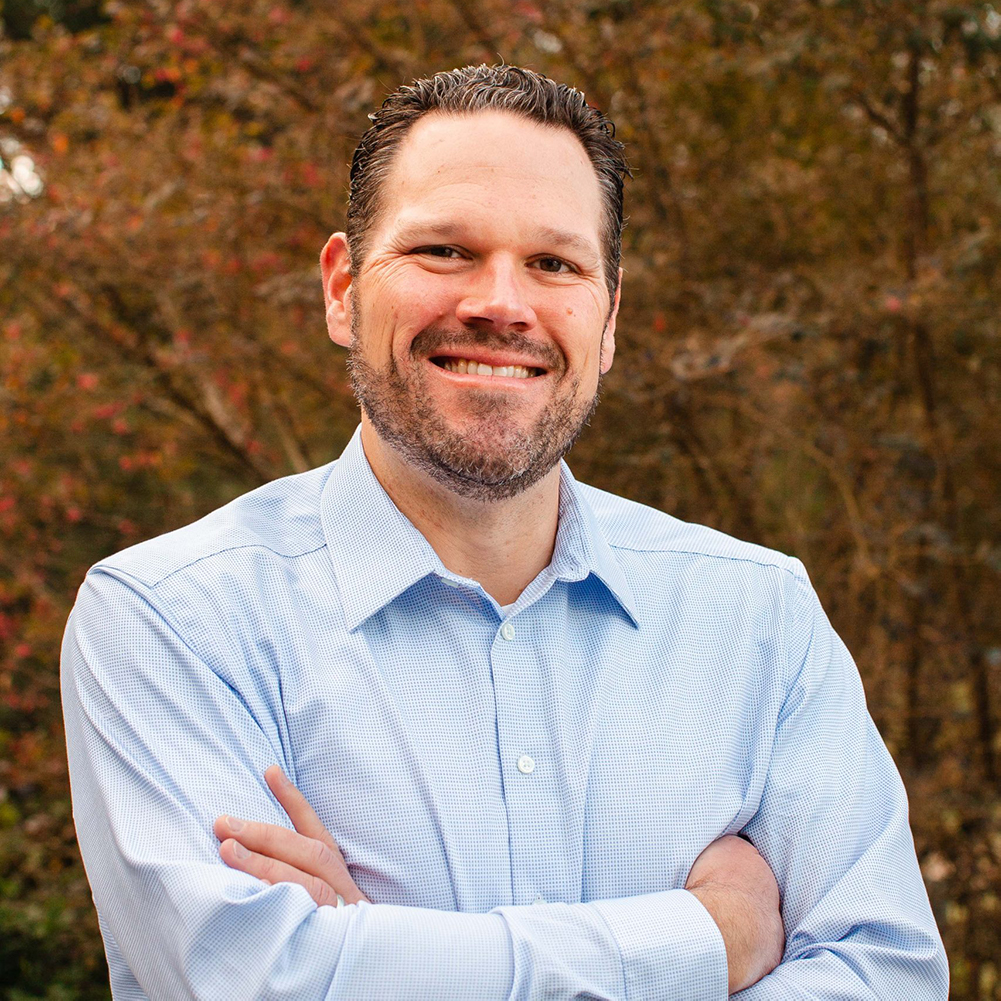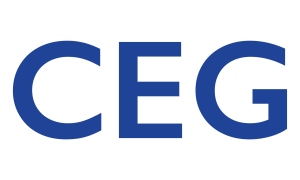
CEO
We talk a lot about finding the perfect candidate, the “right person, right seat,” or A players. For a typical position, we review 150 resumes, interview 20 of those, complete the other 5 screening steps and then recommend 2 of those to the client. God says to love your neighbor as yourself. How is loving 148 of your neighbors telling them no for a position they want and have applied for?
Maybe we are crazy, but these are the things we think about and talk about in our leadership team meetings. And frankly, I do not think we have it all figured out, but I do think we are making strong efforts to try and do so.
The first suggestion in our meeting was that we were doing a terrible job of telling the candidates they were being “dispositioned” (I am not sure I even like the phrase, but that’s what it is). An awesome recently hired Sr. Recruiter on our team said when he was looking, 95% of the companies he applied to, he never received any response! He also said that we were no better. So we fixed that—at the very least, we could let folks know their status.
I read a quote once that really stuck with me: your success is directly related to the number of uncomfortable conversations you are willing to have. I struggle so hard saying no to people who ask me for something; I want to please everyone and make everyone happy (note: don’t do this!). I certainly understand why it is so difficult to say no to a candidate and tell them why.
I suspect it is easy to say that as a candidate, “I want to know the hard truth of why I didn’t get looked at for the position.” And I would feel the same way as a candidate. However, that statement often comes from the place of, “I want the position and I fit the position and I want to fight to tell you why,” versus, “I want to be a better offer and really work on myself to get this role next time.” And here is the rub: recruiters do not know the person, so they do not know if they have permission to give real feedback. And the person does not know if the recruiter truly cares about them, which is required before someone can hear and care about the feedback from another person.
So, at the moment, we are stuck in an interesting system. How do you break this cycle and care for people and still be able to be productive in a way that allows for recruiters to earn a living? I believe we could do this very differently and care for people in a deeper and more meaningful way if they allowed us to, but that work does not produce income (at least in the short term) for a company or a recruiter. Real conversations cannot be rushed and take time.
This article is not about answers, unfortunately, but a problem we continue to try and work on as a company and a tension we want to get better at over time. We would love to hear your thoughts and start a conversation.



